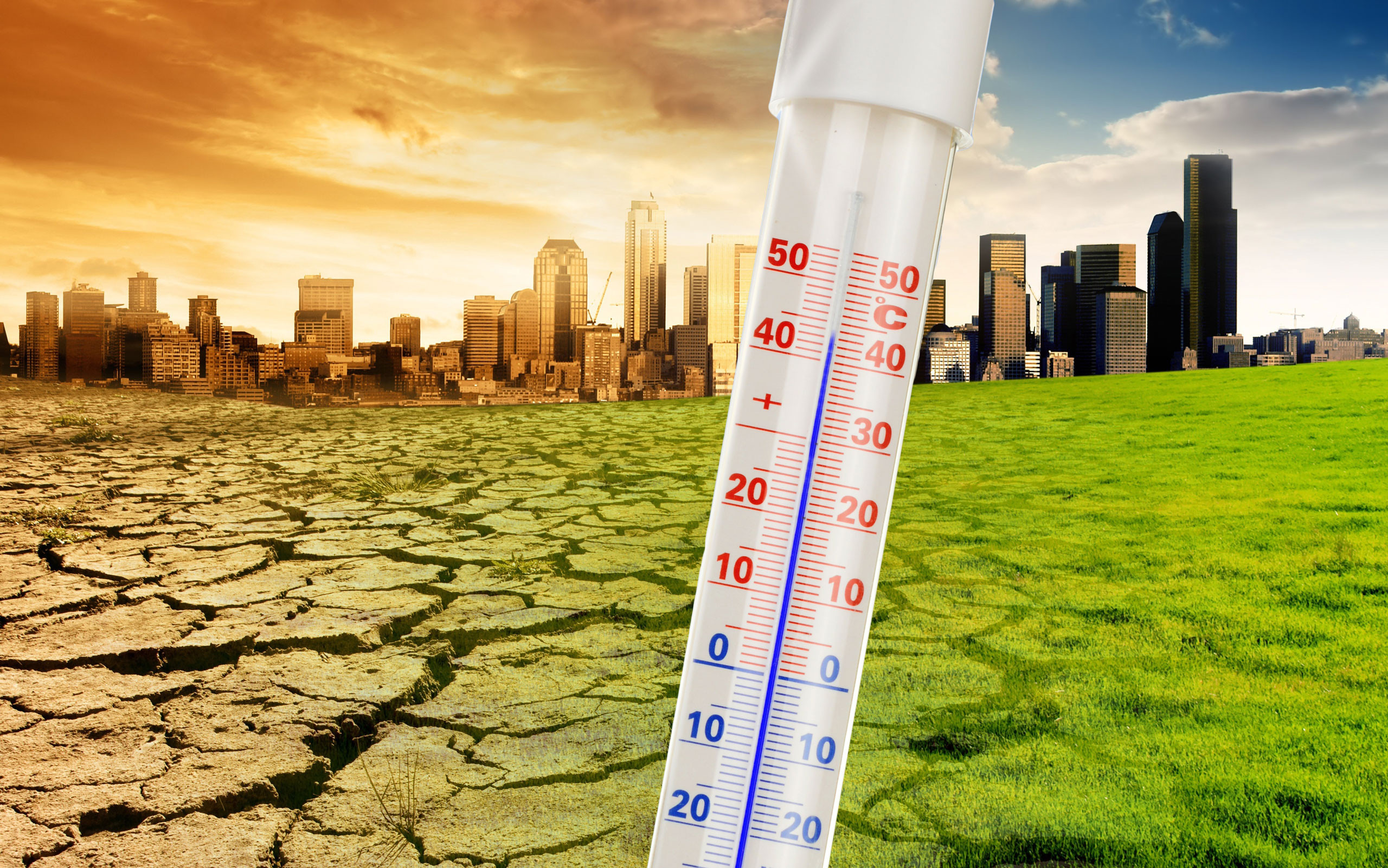WMO: climate change continues to pollute the air and exacerbate heatwaves
Ongoing global warming is polluting the atmosphere and causing ever more intense heatwaves. This is stated in the new report of the World Meteorological Organization (WMO).
The extreme heat is fueling wildfires, the smoke from which makes the air unsafe for millions of people to breathe, according to WMO experts. Due to drought, a large amount of sandy dust from deserts enters the atmosphere.
“Wildfire smoke contains a mixture of chemicals that not only affects air quality and health, but also damages plants, ecosystems and crops, and leads to more carbon dioxide emissions and therefore more greenhouse gases in the atmosphere.” ”, — said the author of the study, Dr. Lorenzo Labrador.
In addition, high temperatures contribute to the formation of ground-level ozone smog, which is harmful to humans, animals and plants. Together, these factors threaten not only public health, but also food security.
Globally, crop losses of staple food crops due to ozone exposure average 4.4-12.4%, with wheat and soybeans reaching 15-30% in key agricultural areas in India and China.
The scientists stressed that heat, combined with air pollution, poses the greatest risk for residents of large cities. High-rise buildings affect the nature of the wind and the average ambient temperature, causing the so-called “heat island” effect. Because of it, it can be 9 ° C warmer in megacities than outside the city. This means that the morbidity and mortality of the urban population will continue to grow under the influence of climatic factors.
WMO Secretary-General, Professor Petteri Taalas specified that the organization’s specialists expect further deterioration of the climate situation and air conditions, since in 2023 they recorded the hottest summer on record. In Canada, the United States and the Mediterranean region, forest fires have engulfed vast areas, and smoke from burnt trees has reached the Arctic.
Scientists have previously found that wildfire smoke can cause long-term inflammation in the brain. The effect of inhaling ash and soot particles lasts about a month and reduces a person’s mental abilities.

